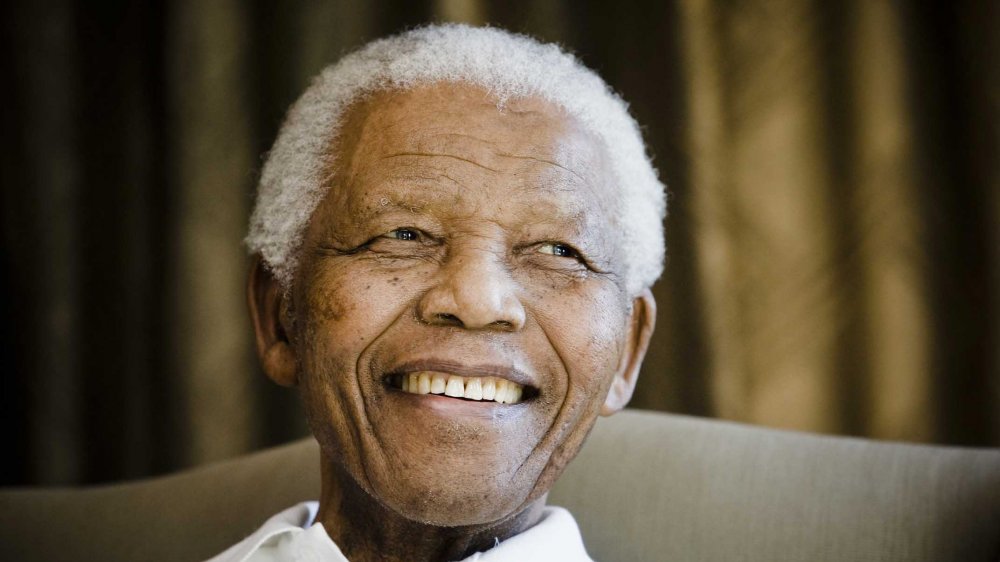The Untold Truth Of The Mandela Effect
Have you ever known for sure something happened but when you look it up, you find out that you were wrong? Say, for example, thinking the children's book was called Berenstein Bears and not Berenstain Bears? If you have, then you've fallen victim to the Mandela Effect.
The Mandela Effect is a phenomenon where people share false memories, reports the Independent. It started when the internet freaked out after people realized Nelson Mandela, the former South African president, was still alive in 2010. So many people swear they remember Mandela died in prison in the 1980s. They even claim they saw news footage of his funeral procession. But Mandela was released in 1990, became president and a democracy figure before his death in 2013. This collective false memory made people see how many things they thought were true were ... not.
Fiona Broome, a self-styled paranormal consultant, coined the term in 2010 according to Healthline. Since 2010, other instances of the Mandela Effect have been documented, writes Mental Floss. These include people remembering a movie called Shazam that starred Sinbad as a genie which doesn't exist instead of the very real Shaquille O'Neal film Kazaam where he was a genie. Or those who misremember quotes, Darth Vader never actually said "Luke I am your father" and the Evil Queen didn't utter the words "Mirror mirror on the wall."
Things may not be as you remember
The Mandela Effect is not considered a real psychological phenomena but it hasn't stopped those who want to figure out how it happens (much like other things about the human body we're still in the dark about). Broome, who coined the term, tends to describe the Mandela Effect in pseudoscience terms. According to the Independent, she believes this collective false memory occurs because of alternate or parallel universes seeping into our consciousness.
Psychology Today, however, explains the Mandela Effect could be related to the idea of "schemas" or a pattern of thought that organizes memories and how each relates to each other. Those who remember Mandela dying in prison must've seen news reports of anti-apartheid activist Steve Biko's death in prison and connected it to Mandela. Healthline writes it can also be connected to something called confabulation, where a person fills in gaps in their memories.
While researchers are still looking into how the Mandela Effect occurs in some people, the internet keeps finding other instances of it. After all, some things get embedded into the collective public consciousness like misheard lyrics or wrong quotes. So next time you get a question wrong on trivia night, maybe use the Mandela Effect as an excuse. You might actually just remembered things differently.

